While the doctors at Retina Institute of Hawaii have consistently been recognized for awards, the supporting team makes amazing contributions as well. Paul Sibley, Chief Financial Officer, completed a 135-mile run from New Orleans to Baton Rouge to honor the memory of a little boy whose last wish was to feed the hungry.
So what would a man in Honolulu and a child in Baton Rouge possibly have in common? Originally from Louisiana, Paul, who lives in Kailua, is an endurance runner who had already known physical challenges beyond 100-mile runs. In early 2006, he ran his toughest race – he was diagnosed with cancer. The love and support of his family and friends helped him through his journey of surgeries and radiation.
Paul’s nephew was classmate and friend of Trevor Sim’s, a five year old in Baton Rouge, and introduced the two. The five year old Trevor was fighting his battle with cancer. Over the next few years, Sibley and his wife, a nurse, supported Trevor’s mother with friendship and mentoring on application for services offered through Medicaid assistance.
Trevor’s final wish was to feed the hungry in his community. With all of the medical bills his family was enduring, he and his mother went without food a few occasions, and Trevor did not want others to experience that. A week-long food drive last September benefited the Greater Baton Rouge Food Bank which raised over $80,000.
As Paul was planning a trip to New Orleans for his 25th high school reunion, he decided that while there he would run to help support Trevor’s final wish. During the 36 hours it took Paul to run from city to city, his thoughts were on those who have lost their battle with cancer. The uncle that raised him lost his battle in 2008. Trevor passed away in October 2013 at the young age of eleven.
This year, the Greater Baton Rouge Food Bank is challenging the community to remember and honor Trevor’s Wish of feeding the hungry. Read more about Trevor’s story and the mission of his final wish, and how you too can “do something”. Donate at http://www.brfoodbank.org/trevors-wish-2014-hunger-action-month/



Advanced lens options with cataract surgery bring your life into focus beyond just clearing up the clouding of the cataract. Ask us abut your options during your cataract exam! We have different options to fit your lifestyle and your goals.
#cataractsurgery #LensOptions #BetterVision #improvedliving ... See MoreSee Less
0 CommentsComment on Facebook
Here’s how you can help us keep Hawaii green:
Every small step helps protect the planet we call home—and the eyes that let us see its beauty.
#EarthDay #SeeTh ... See MoreSee Less
0 CommentsComment on Facebook
We’re egg-cited to wish you a day filled with bright sights, sweet treats, and time with the ones you love.

This Easter, don’t forget to take a moment to appreciate the beautiful view—your eye health makes it all possible! ... See MoreSee Less
0 CommentsComment on Facebook
You shouldn't live with cloudy, fading vision. Our offices across the islands have all the technology, trained staff and experienced surgeons to bring your vision into focus with advanced, laser cataract surgery. Call us today at 808-955-0255 to schedule your exam.
#cataractsurgery #HawaiiHealth #VisionCorrection #hawaiieyecare ... See MoreSee Less
0 CommentsComment on Facebook
Whether it's macular degeneration or cataracts or a simple eye exam, you can find the most advanced care at our offices across the islands. Mahalo, David, for taking the time to tell about your experience with Dr. Miller and our Kona team while they took care of your macular degeneration. We take care of our patients like they are 'ohana.
 #ohana #MacularDegeneration #hawaii #bigisland #eyecare ... See MoreSee Less
#ohana #MacularDegeneration #hawaii #bigisland #eyecare ... See MoreSee Less
0 CommentsComment on Facebook
Each year, approximately 100,000 people suffer sports-related eye injuries, with around 13,500 leading to permanent vision loss. Most sports-related eye injuries can be prevented by wearing the right protective gear. Visit our optical in Kona and Lihue to get outfitted with the right eyewear for your active lifestyle.
#SportsEyeSafety #protectiveeyewear #sportsprotection ... See MoreSee Less
0 CommentsComment on Facebook